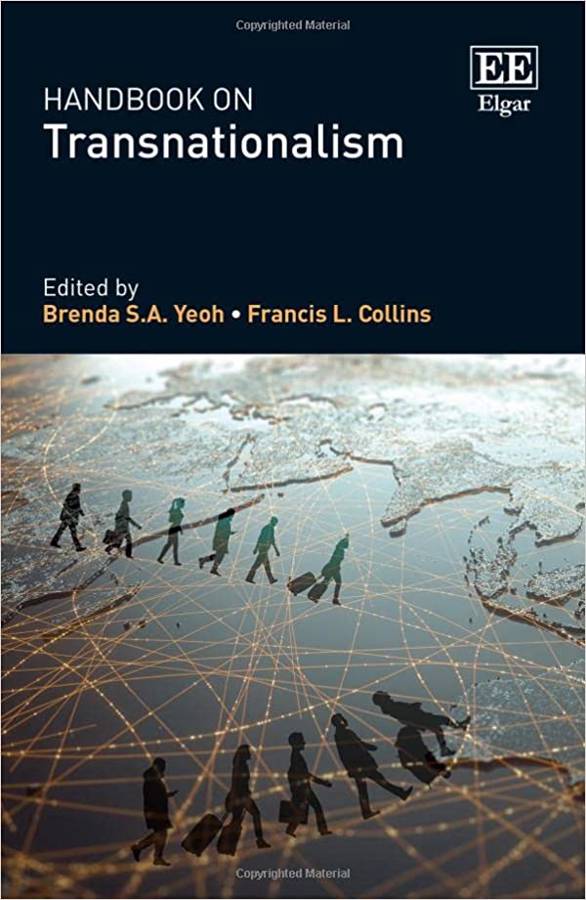
The new Handbook on Transnationalism, edited by Brenda S.A. Yeoh and Francis L. Collins and published by Elgar, includes a chapter by PRIO Research Professor Jørgen Carling, entitled "Understanding variation and change in migrant transnationalism".
How does migrant transnationalism vary across space and change over time? This chapter develops an analytical framework for understanding and is concerned with micro-level transnational practices between migrants and their non-migrant counterparts in countries of origin.
The central tenet is that variation in such practices can be broken down into two factors: differences in the prevalence and in the substance of transnational ties. The former concerns the existence of cross-border connections between individuals, primarily in the form of kinship, and the latter concerns the extent to which these connections are conduits for transnational practices.
Remittance transactions stand out as a transnational practice that is important in diverse contexts and lends itself to making analytical points about prevalence and substance. Much of the chapter makes use of this example, with empirical illustrations.
The handbook overall seeks to provide a critical overview of transnationalism as a concept, looking at its growing influence in an era of high-speed, globalised interconnectivity. It offers crucial insights on how approaches to transnationalism have altered how we think about social life from the family to the nation-state, whilst also challenging the predominance of methodologically nationalist analyses.





